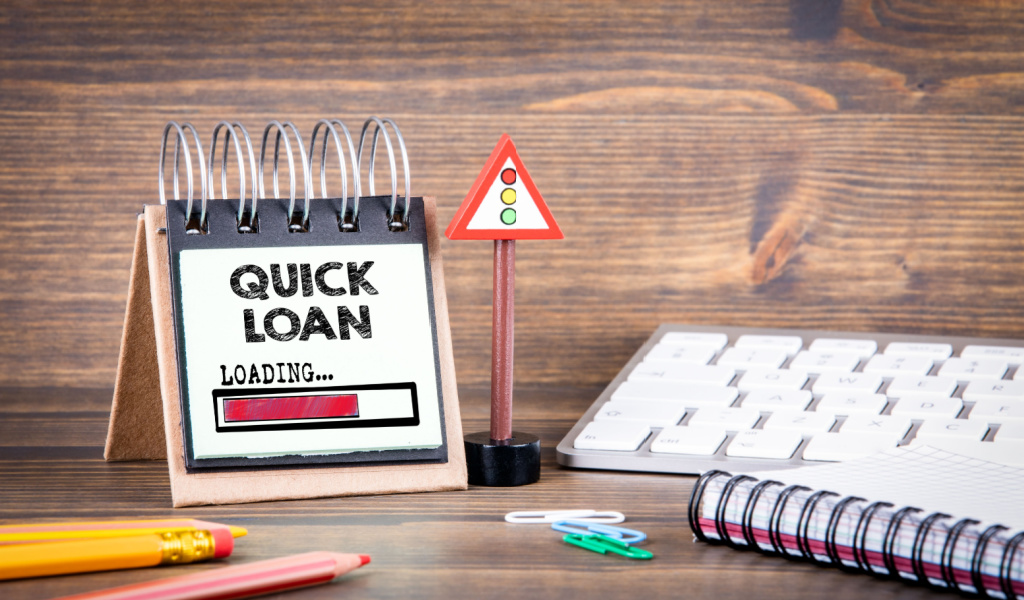Not all of us will necessarily have enough savings to help us attain specific goals in life. It could be funding a wedding, starting a home renovation project, or relocating to a new city. This is where taking loans can help. However, it’s important to remember that this comes with a significant risk of finding ourselves in a position where we can no longer afford to pay back our loan or fall behind on our monthly payments.

Before taking up any loan, be sure to have a solid plan in place for how you will pay back your due. Here are some steps to help protect you from potentially falling behind on loan payments:
Borrow Only as Much as You Need
You can choose how much to borrow when taking out a personal loan. Be very disciplined in borrowing only as much as you need because the more you borrow, the more you will have to pay back. Huge loans will have higher monthly payments, which put more pressure on your finances and will take longer to pay back!
Set a Budget
Drawing up a budget is a great way to understand where your money comes from and how it goes out. Start by following these steps:
- Write down how much you earn each month.
- Make a note of your fixed expenses, such as rent, loan payments, and utilities.
- Divide your expenditures into categories such as entertainment and groceries, for example.
- Evaluate where you’ve spent money in the past and try to see if there is any way you could have spent less.
- Set a target for each of your spending categories so you can budget accordingly.
- Make sure to include a category for savings.
When you have a budget planned out, you can understand how a personal loan payment can fit in with your other expenses, and it can give you an idea if your income is sufficient to cover it. This way, you can avoid falling into problems related to delayed loan payments.
Pay More Than the Minimum
When you take out a personal loan, there is a required monthly payment. If you have extra money in hand at any time, you can pay more than the stipulated loan amount for that month. This can help you pay off your loan early and cut down on interest costs over the loan payback period.

Take Advantage of Autopay
Autopay is a service offered by many lenders or banks. It’s where they will take your loan payment out of your bank account on the due date. Alternatively, you can set up standing instructions on your bank account which will automatically transfer the loan payment to your lender’s account every month on the date you mentioned.
It’s likely that you may miss out on making loan payments due to human error, so this method ensures that the monthly payments are made on time. However, be sure to keep an eye out on your bank balance since some lenders can charge an insufficient fund fee if there isn’t enough money in your account to cover the due payment.
Consolidate Your Debts
Think about consolidating your debts like medical bills, credit cards, and personal loans so you can manage your obligations in a better way. This makes it easier to keep track of your debts by focusing on a single payment instead of making multiple payments every month.
If you choose to consolidate your debts, be sure to follow these steps:
- Total up your outstanding balances and take stock of your debt.
- Check your credit score.
- Check rate quotes from different lenders to make sure that they offer enough to consolidate your debts.
- Apply for a loan.
- Use this loan to pay off your debts.
- Pay your debts until you’re sure they have been paid off.
Remember that life can spring some unpleasant surprises on you without notice, so it’s always better to take action sooner rather than leave it for later. Moving quickly can minimize the damage to your finances, and building your way back up will be far less stressful. So, if you are struggling to repay a loan, the above tips would help!



